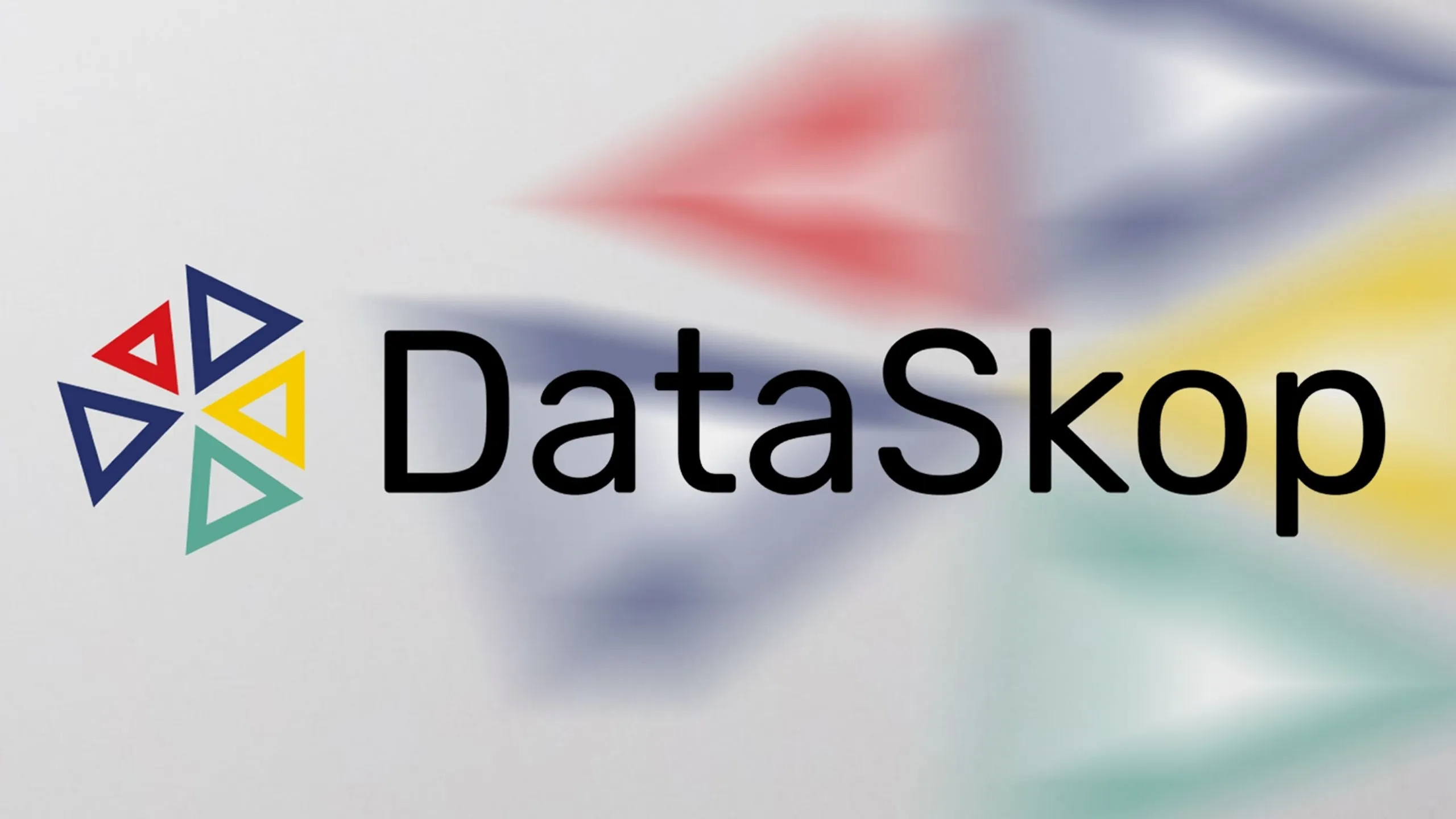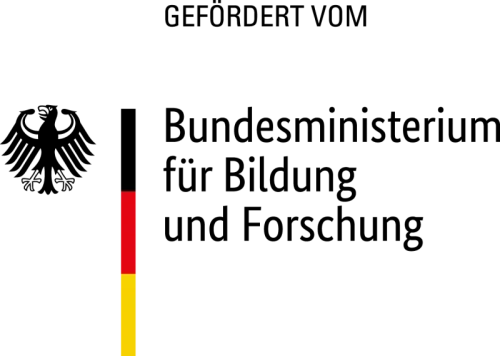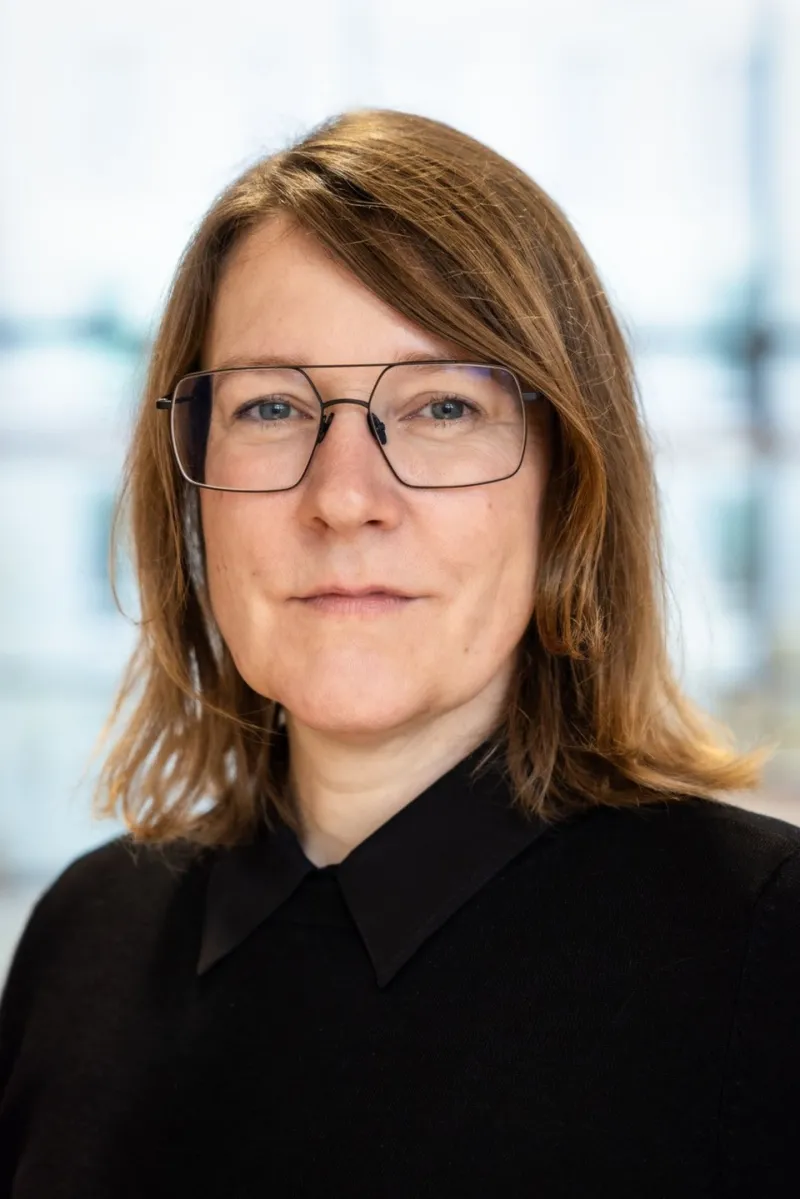DataSkop — What Happens to My Data?
The BMBF-funded project DataSkop focuses on the potential of innovative user interfaces and visualisations to promote the digital sovereignty of users.

The processes of algorithmic decision-making are increasingly permeating everyday life and this often happens in a way that is not comprehensible. The BMBF-funded project DataSkop focuses on the potential of innovative user interfaces and comprehensible visualisations to promote the digital sovereignty of users.
The aim of DataSkop is to strengthen digital sovereignty and thus the competences of the individual – i.e. to deal with data in an informed manner, to act safely in digital environments, to recognise algorithmic structures and to understand them in their basic features, as well as to assess topics in an interest-driven manner.
The DataSkop project is developing such a system in the form of a platform-independent infrastructure consisting of a data donation platform and a personal data dashboard. Innovative visualisation concepts and competence-promoting teaching and learning scenarios for educational work are being developed. In the process, the users learn self-determined handling of data, new skills and understanding in dealing with technologies.
On 15 July 2021, a new data donation tool was published that examined the YouTube algorithm for the Bundestag election campaign. The common goal of the research network was to analyse the personalisations through the recommendation system of the video platform YouTube during the federal election campaign. The information provided by users about which videos they have watched so far and which channels they follow makes it possible to identify connections and patterns between user behaviour and the recommendation algorithm.
The first results of the analysis were published in autumn 2021 on the AlgorithmWatch website and by the media partner Der Spiegel. The open source platform DataSkop will also be available to other research institutions, NGOs and editorial offices for further data donation projects from mid-2022.
Die Prozesse algorithmischer Entscheidungen durchdringen zunehmend das Alltagsleben und dies geschieht oft auf nicht nachvollziehbarer Art und Weise. Das vom BMBF-gef?rderte Projekt DataSkop thematisiert die Potentiale von innovativen User Interfaces und verst?ndlichen Visualisierungen zur F?rderung der digitalen Souver?nit?t von Nutzer*innen.
Ziel von DataSkop ist es, die digitale Souver?nit?t, und damit die Kompetenzen des Individuums, zu st?rken – d. h. informiert mit Daten umzugehen, sicher in digitalen Umgebungen zu agieren, algorithmische Strukturen zu erkennen und in Grundzügen zu verstehen sowie interessengeleitet Themensetzungen zu beurteilen.
Das Projekt DataSkop entwickelt ein solches System in Form einer plattform-unabh?ngigen Infrastruktur, die aus einer Datenspendeplattform und einem pers?nlichen Daten-Dashboard besteht. Dabei werden innovative Visualisierungskonzepte und kompetenzf?rdernde Lehr- und Lernszenarios für die Bildungsarbeit entwickelt. Die Nutzenden lernen dabei den selbstbestimmten Umgang mit Daten, neue Fertigkeiten und Verst?ndnis im Umgang mit Technologien.
Am 15. Juli 2021 wurde ein neues Datenspende-Tool ver?ffentlicht, das den YouTube-Algorithmus zum Bundestagswahlkampf untersuchte. Das gemeinsame Ziel des Forschungsverbundes war es, die Personalisierungen durch das Empfehlungssystem der Video-Plattform YouTube w?hrend des Bundestagswahlkampfs zu analysieren. Durch die Informationen von Nutzer*innen darüber, welche Videos sie bisher gesehen haben und welchen Kan?len sie folgen, lassen sich Zusammenh?nge und Muster zwischen Nutzungsverhalten und dem Empfehlungs-Algorithmus erkennen.
Erste Ergebnisse zur Auswertung der Analyse wurden im Herbst 2021 auf der Website von AlgorithmWatch und beim Medienpartner Der Spiegel bereits ver?ffentlicht. Die Open-Source-Plattform DataSkop wird ab Mitte 2022 auch anderen Forschungseinrichtungen, NGOs und Redaktionen für weitere Datenspendeprojekte zur Verfügung stehen.
Weiterführende Informationen finden Sie auf der Webseite der Plattform.

Project management
Other participants
Employees
- Christin Renner
 Skip to main content
Skip to main navigation
Skip to footer
Skip to main content
Skip to main navigation
Skip to footer
